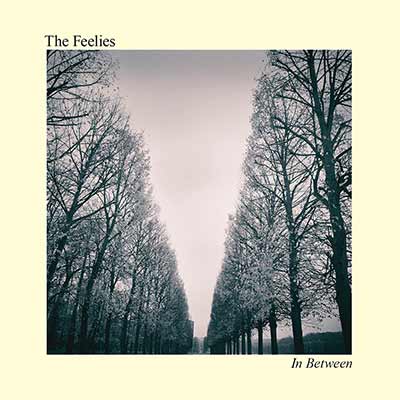What You Should Be Listening To
Great music, new and old, hand-picked and curated by people with good taste — and not algorithms.
Heavy Rotation
What We're Listening To
The latest EP from Jon Corbin sees him preaching and working on his flow. Even for those who don’t like Christian artist, the instrumental second half of the EP is worth the price of admission. Read more.
French Kiwi Juice is an astonishingly mature debut from the aspiring French electronic artist — and one that has a lot of mainstream appeal. Read more.
In Between is an album that makes The Feelies sound far younger than they are, and is a can’t-miss record for fans of both the band and indie rock. Read more.
Drunk is a typically ambitious R&B record from Thundercat that also embodies jazz, but it’s also the most approachable record this visionary has released in years. Read more.
On The Iceberg, Oddisee becomes an even more conscious rapper — and proves that he still has a lot more to say. Read more.
Vinculum is a difficult, but rewarding, electronic-influenced classical composition inspired by the folk music of Russia and Algeria. Read more.
Extended Plays
Longer Notes On Music We Love
Quick Hits
Videos & Singles We Dig
Julia Carlucci's video for her catchy pop song, "Take Me Down", is a ton of glamorous fun.
Chance the Rapper’s newest video isn’t just cool because the song is awesome. It’s innovative because of the way you watch it.
Liz Loughrey’s soulful pop makes for a disarming music video that serves as a call to peace for all of us.
Lists
A Few of Our Favourite Things
One year. Twenty-one records. You shouldn’t miss any of them.
Each of the guys in Fresh Snow pick their favourite improv and experimental records.
In celebration of Homme’s new record with Iggy Pop, we take a look at the best five records from one of rock’s most prolific statesmen.





